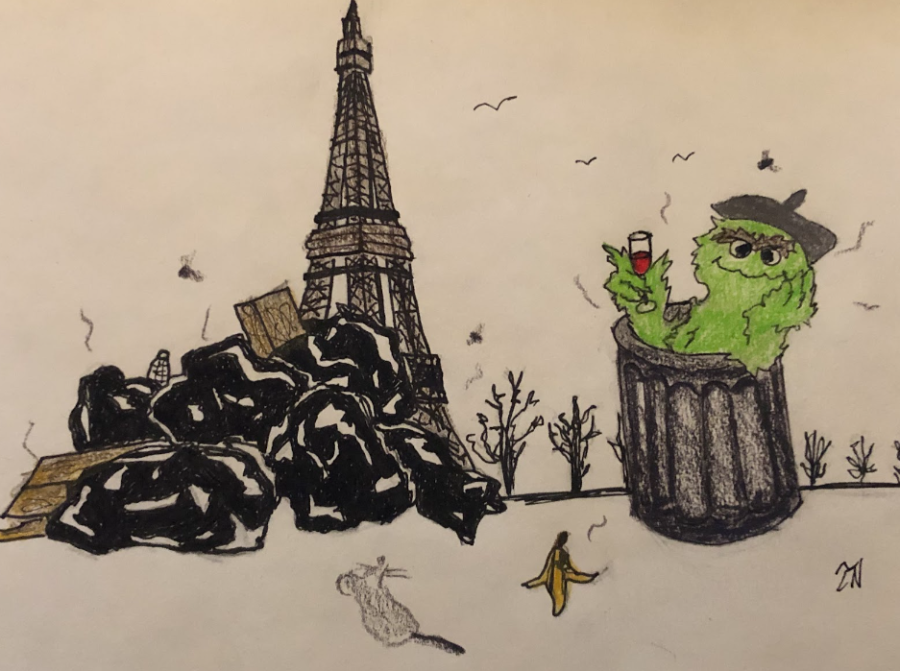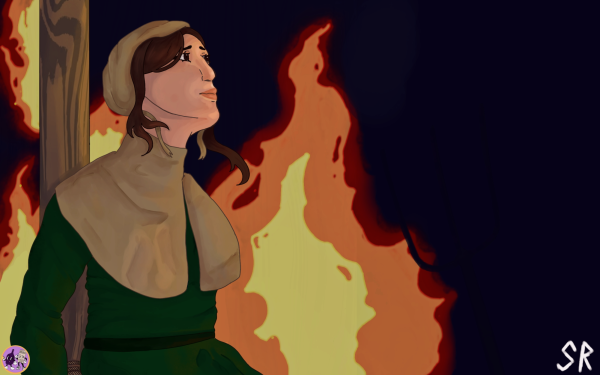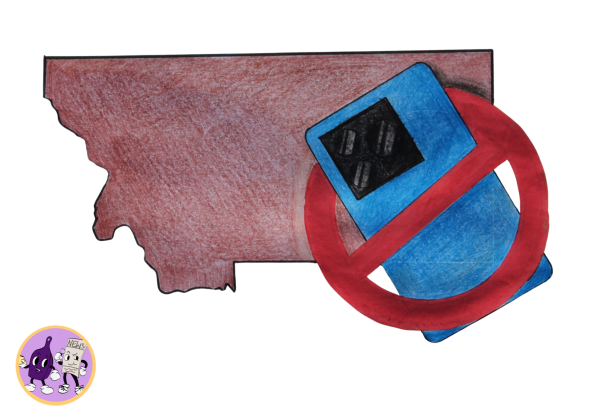TRASH IN PARIS STREETS FORCES ATTENTION TO WORKERS RIGHTS
Rats and garbage pile Paris streets amidst sanitation strike
The Grouch among the Eiffel Tower and piles of trash
In January, President of France Emmanuel Macron proposed and enacted a bill that will raise the legal retirement age by two years (from 62-64 for the general population and 57-59 for sanitation workers) (ABC). This announcement has caused several protests all over France, one worth noting is the sanitation strike or garbage protest.
On March 6, sanitation workers began a three week strike in objection to Macron’s decision (Los Angeles Times). This meant that as weeks went by several tonnes of garbage was left on the streets of Paris, allowing black trash bags to pile higher and the stink to become gradually more pungent.
tonnes of garbage was left
on the streets of Paris,
allowing black trash bags
to pile higher and
the stink to become
gradually more pungent
Just minutes before the lower house of Parliament was meant to vote on the bill, Macron enacted a special executive power that allowed it to go through sans vote (NPR). This means tensions are high as his adoption of this bill is considered highly controversial. The current stink of Paris is representative of the current public opinion of President Macron.
The endless amounts of trash left to rot as spring begins in Paris have caused the whole city to be steeping in the stench. Residents have seen an increase of rats roaming the streets, some say even more rodents than people (BBC).
Businesses in Paris, especially ones centered around food, have had to face the results of these protests head-on, seeing as the smell interferes with much of France’s outdoor dining culture (ABC). According to AP News restaurants have seen a decline in patron attendance by as much as 50%. That said, not all business owners mind, as reported by ABC bar owner Franck Jacquot “‘[Isn’t bothered]…because it’s for a good cause’” .
Sanitation strikes are considered a highly effective way of peaceful protest because they force people to confront the problem head-on through site and smell (Bloomberg). The Hill notes from Melodie Tunc “‘It is a good thing that garbage in the streets is so visible. It tells people how garbage collectors are so useful.’”
Specialists even explained to the BBC that rat behavior is altered by these protests. “‘They’ll rummage around in bins, reproduce there, and leave their urine and droppings. We have a worrying health risk for refuse collectors and the general population’” (BBC).
The sensory and economic damage these protests can cause, as well as health risks, allow for them to make a strong statement to France’s government officials. Prime Minister Elizabeth Borne has taken a stance against Macron’s quick enactment of the law, and has stated that the bill can possibly be revoked through no-confidence motions (NPR). She has called for a “proper vote” and states that “parliamentary democracy will have the last say” (NPR).
These protests come at a time of much political turmoil in France and several other demonstrations are currently taking place. You can read about the pension protests occurring in France in Nora’s piece “Protests in France Escalate”.
In addition to both of these protests, the European country itself has a long history of famous protests all the way from the French revolution to topless gay rights protests in 2013.
France’s most well known protest is the 18th century revolution where blood rained and King Louis XIV was put to death. This moment changed the course of the country’s history permanently ending the long rule of the monarchy and giving new rights to the people.
The storming of the Bastille is still talked about today around 200 years later (Guided History). The landmark was primarily used as a prison for those who had “wronged” King Louis in some way, it was representative of tyranny to the French people (Guided History). French revolutionists numbering around 1,000 stormed the Bastille and, despite the loss of many lives, prevailed taking the building for their own (Guided History).
The historic event continues to echo in French history with a large number of other political protests taking place.
In 1968, students and factory workers came together to protest the strict public life led by conservative president, General Charles de Gaulle (NPR). Students marched for sexual liberty and workers for stable income and workplace conditions.
College students at the time felt suffocated under the social norms, a time where “‘Everything was patriarchal, starting in the family, where you couldn’t speak at the dinner table unless spoken to,’ says Josette Preud’homme, who participated in the protests” (NPR).
This led to students protesting through sit-ins and riots where rocks were thrown at police while tear gas was launched back (NPR). Young people fought for their rights and soon workers joined them. At the time many factory workers were being fired or working for wages that were too small to be sustainable, so they left and marched (NPR).
“The workers’ demands included better working conditions, higher salaries, earlier retirement and union representatives within the factories” (NPR).
Most of France’s economy stood still, as there was no one working. Combined with the student protests, some French citizens became concerned with the chaos of it all and demanded harsher reform from President De Gaulle.
A newly elected Parliament was called for and elected with the majority in De Gaulle’s political party (NPR). Thus continuing under most previous restrictions the protests came to an end (NPR). Despite this students were able to begin a sexual liberty movement in France and begin the talk for workers rights.
In 2013, France was pushed to legalize gay marriage just as thirteen other countires had in previous years (Guided History). Pre the laws enactment many people protested in favor of same-sex marriage.
This includes a well remembered protest where members of the feminist group Femen marched in the streets of Paris clothed in nothing but costume hats representing nun’s habits and lingerie bottoms (Guided History). Also with the addition of body paint stating things such as “In Gay We Trust” (Guided History).
There are many ways of protest that can all be effective and France is known for their long streak of public resistance. The French revolution as well as the garbage protests of today continue to show a strong sense of community among the people of France.

"I think it pisses God off when you walk by the color purple in a field somewhere and don't notice it" (Alice Walker).

“They’re making us think our thoughts are what we’re thinking…I think” -Patrick Star








